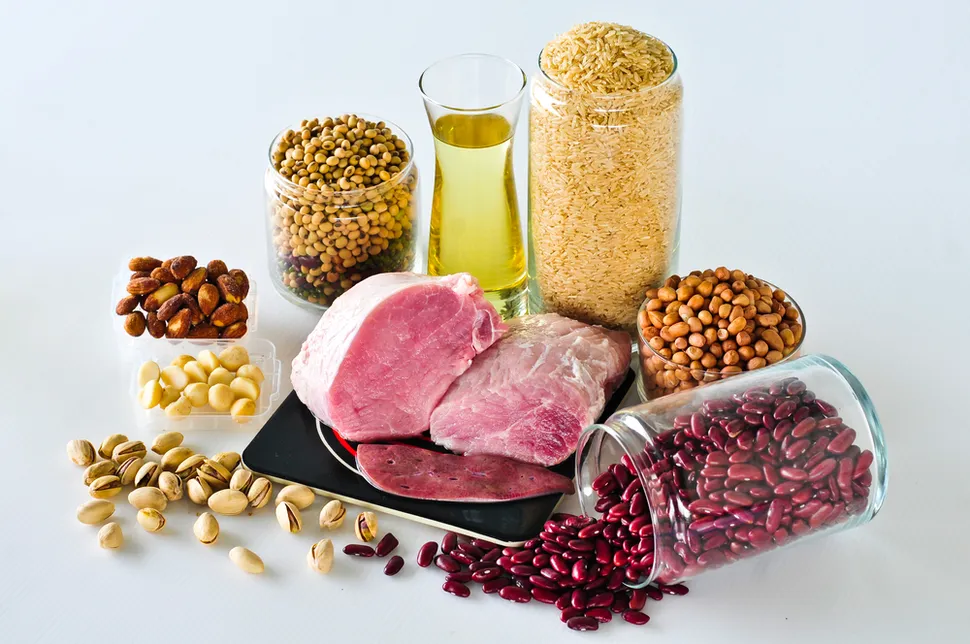Needed to convert carbohydrates into energy and keep your body and mind in good shape, vitamin B1 is present in many foods but, like all the B vitamins, is easily lost from the body because it is water-soluble.
How it works
Vitamin B1 is essential for converting food into energy and for the transmission of electrical signals in the nerves and muscles. It also has an important role in the formation of red blood cells and a number of digestive processes. Known as the 'morale vitamin', thiamin is crucial for the proper functioning of the nervous system and can have a powerful effect on your mood and alertness.
Deficiency Symptoms
- Weakness and muscle pains
- Irritability
- Numbness and prickling in legs
- Water retention
- Nausea and stomach pains
- Poor concentration
Remedies
Mind and emotion probably the main use of vitamin B1 supplements is for treating mood disorders. Studies have shown that people with a high thiamin intake are less likely to suffer from low self-esteem and depression. It can also help to alleviate sleeping problems.
Concentration and alertness Vitamin B1 has been found to be beneficial in boosting memory and mental agility, especially in older people.
Alcoholism Vitamin B1 can help to relieve the symptoms of alcohol withdrawal. It is also needed to replace thiamin that has been lost through alcohol abuse.
Energy booster Vitamin B1 can increase energy levels and lower blood pressure, improving all-round health.
Thiamin is called the 'morale vitamin' because it helps you to feel positive and happy, and it is now widely used in the treatment of depression and anxiety.
Supplements
Multivitamin tablets usually contain 1.4mg of vitamin B1, which is sufficient for an average person to stay healthy and avoid deficiency. People who need to raise their level of alertness or improve their mood can take up to 50mg for medicinal purposes. An increased amount of thiamin is most effective when taken as part of a B-complex supplement. Vitamin B1 is easily destroyed by alcohol, caffeine and stress. Pregnant women, smokers, heavy drinkers and those who eat a lot of carbohydrates may need to take a supplement.
Precautions
Although no toxicity has ever been recorded, you should ask your doctor to monitor your intake if you have blood or heart problems. Large amounts can also prevent your body from taking up other B vitamins, so you should avoid taking extra doses.
VITAL FACTS
Vitamin B1 (Thiamin)
Main functions
- Converts food into energy
- Keeps the brain functioning well
- Makes you feel good
- Improves all-round health
Sources
Most foods contain at least a small amount of vitamin B1, although the more you process food - by chopping or preserving - the more you remove the thiamin. High temperatures also destroy vitamin B1; by toasting a slice of bread you lose up to a third of its thiamin content.
- Whole grains
- Brown rice
- Wholemeal pasta
- Pork
- Yeast extract
- Peas
- Peanuts
- Pulses


Comments
Post a Comment